Ëdo~pedia – A Dive Into Cultures
-
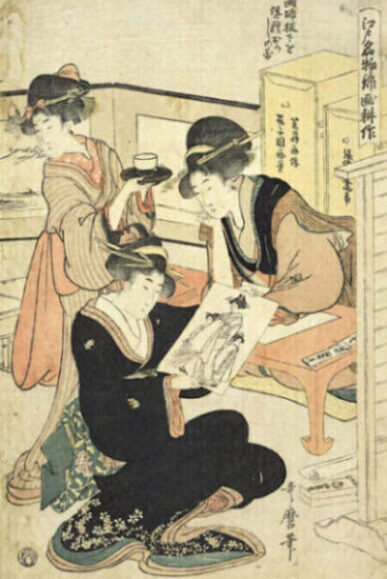
Yūki Masakatsu and the Management of Madness
In sixteenth-century Japan, samurai lords were as much bureaucrats as warriors. Between castle sieges and border skirmishes, they spent countless hours mediating petty disputes, refereeing insults and tantrums among supposedly loyal retainers. Yūki Masakatsu (1503–1559) found himself so exasperated by…
-
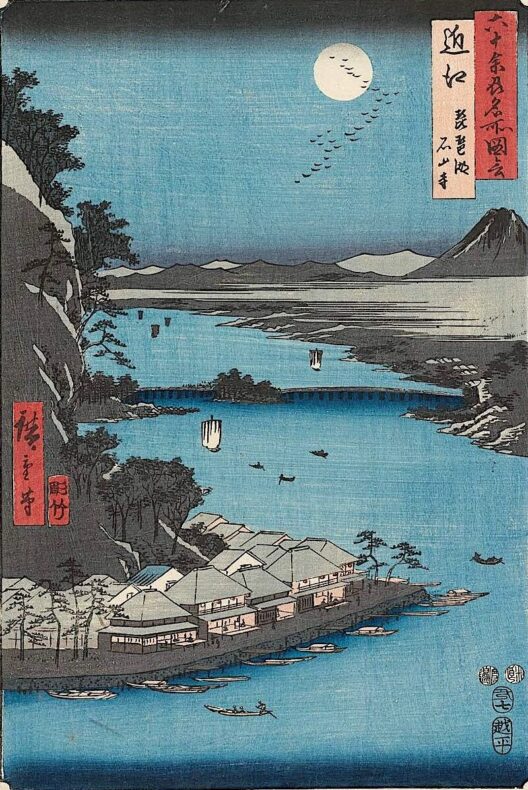
Once in a Lifetime – Once in a Thousand Lifetimes Senzai Ichigu Moment
There is a Japanese proverb called Senzai Ichigu which literally means once in a thousand lifetimes. It speaks to an exceptionally rare and precious opportunity. But is it truly once in a thousand years? In business one person might shrug and call…
-
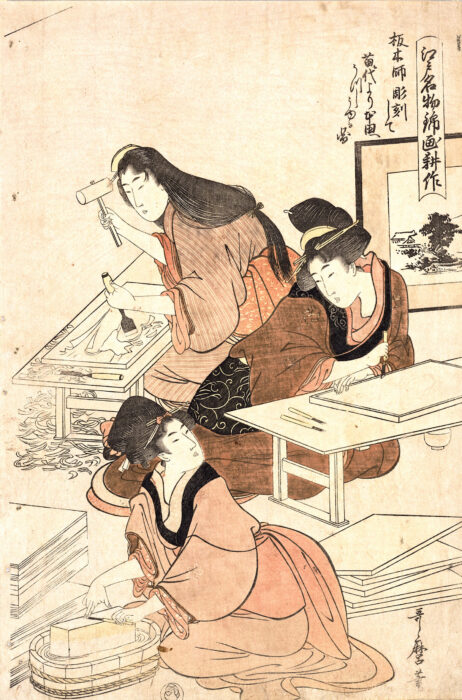
Fax and the Futile: Falling Off Japan’s Digital Cliff
Japan is a land of contradictions. You can get your ramen delivered by robots and still sign documents with a 300-year-old stamp. Yes a stamp, not an e-signature, not a fingerprint, just an actual stamp. Japan, where the future and…
-

Attention Is Expensive, But So Is Missing the Point
In today’s world, “paying attention” sounds like an old-school transaction you might do at a spiritual bank. Drop your coins of focus in the slot, wait for the divine vending machine to spit out something worthwhile, success, insight and a…
-
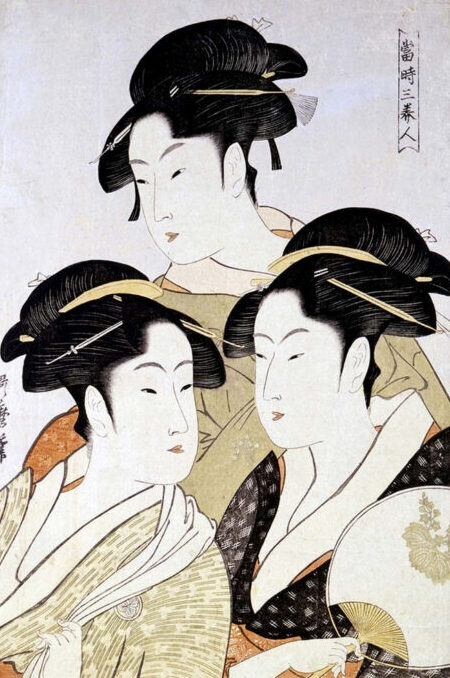
Lipstick and Learning: The Curious Case of Japan’s “Husband-Hunting” University Girls
If you’ve ever heard someone say that Japanese women only go to university to find a husband with a solid paycheck and a decent jawline, congratulations — you’ve encountered one of the most persistent and frustrating stereotypes still hanging around…
-
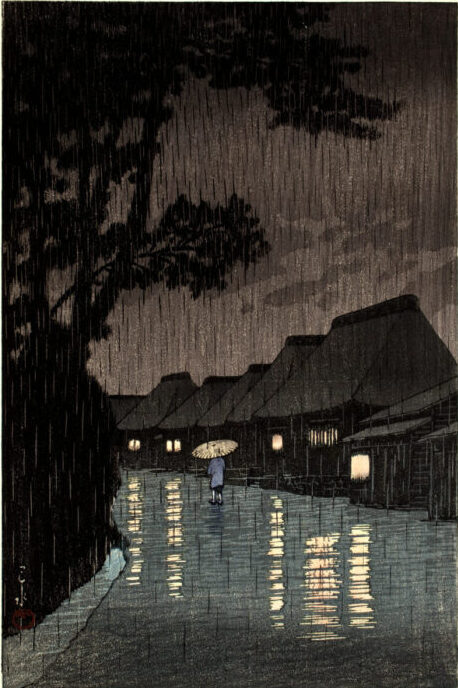
Nameplates and Neighborhood Karma: Why Japan Labels Its Homes Like Bento Boxes
If you’ve ever gotten lost looking for someone’s house in Japan, congratulations. You’ve taken part in a time-honored national pastime known as “navigating the address system.” Unlike in many Western countries, where streets have names and houses have clear numbers…
-
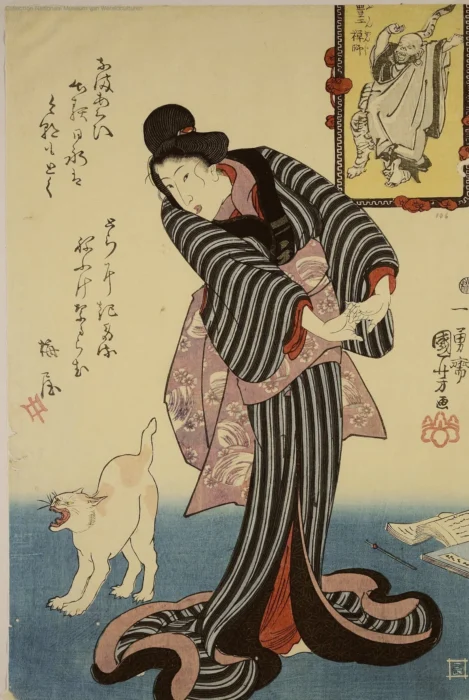
From Mikeneko to Meownopoly: Japan’s Ongoing Love Affair with Cats
If you’ve ever felt like cats were secretly in charge of the internet, just wait until you meet Japan. The country’s obsession with all things feline didn’t begin with Hello Kitty and certainly doesn’t end with her immaculately whiskered face…
-
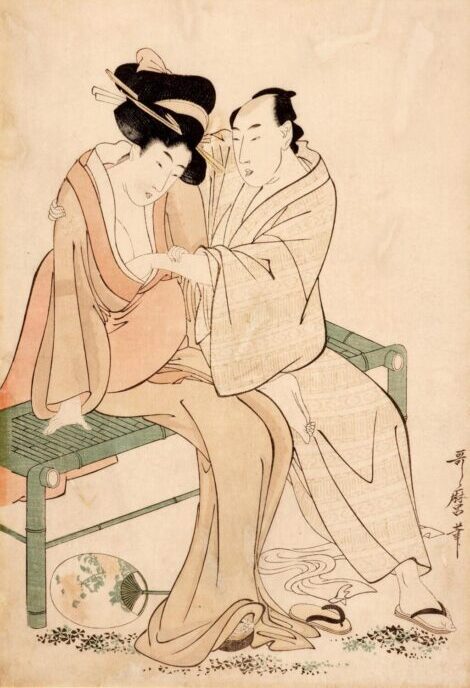
From Mwah to Chu: The Global Romance of a Kiss
The word kiss has a history as charmingly awkward as a first date. Its roots go back to Old English cyssan which simply meant to touch with the lips, a definition that sounds like it was written by someone who…
-

Inferno: 火・炎・焱, The Intensities of Fire
Fire is rarely a one size fits all affair. In Japanese writing we see that truth spelled out in three characters 火 (hi or ka), 炎 (honō or en), and 焱 (en), each one a little more dramatic than the last. Think of 火 as…
-
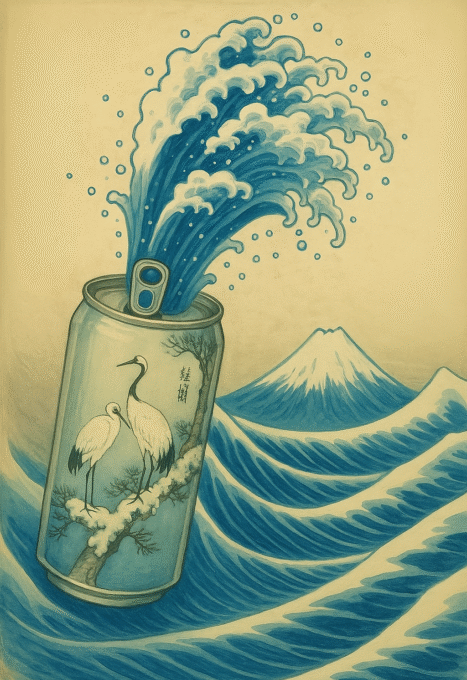
Code, Cranes & Algorithms in Ink Waves: The Surprising Intersection of STEM in Ukiyo‑e
When we think of woodblock prints, most of us picture picturesque landscapes or poetic depictions of nature, with waves crashing in the distance or majestic Mt. Fuji standing tall. What we don’t often consider is the intersection of these centuries-old…
-
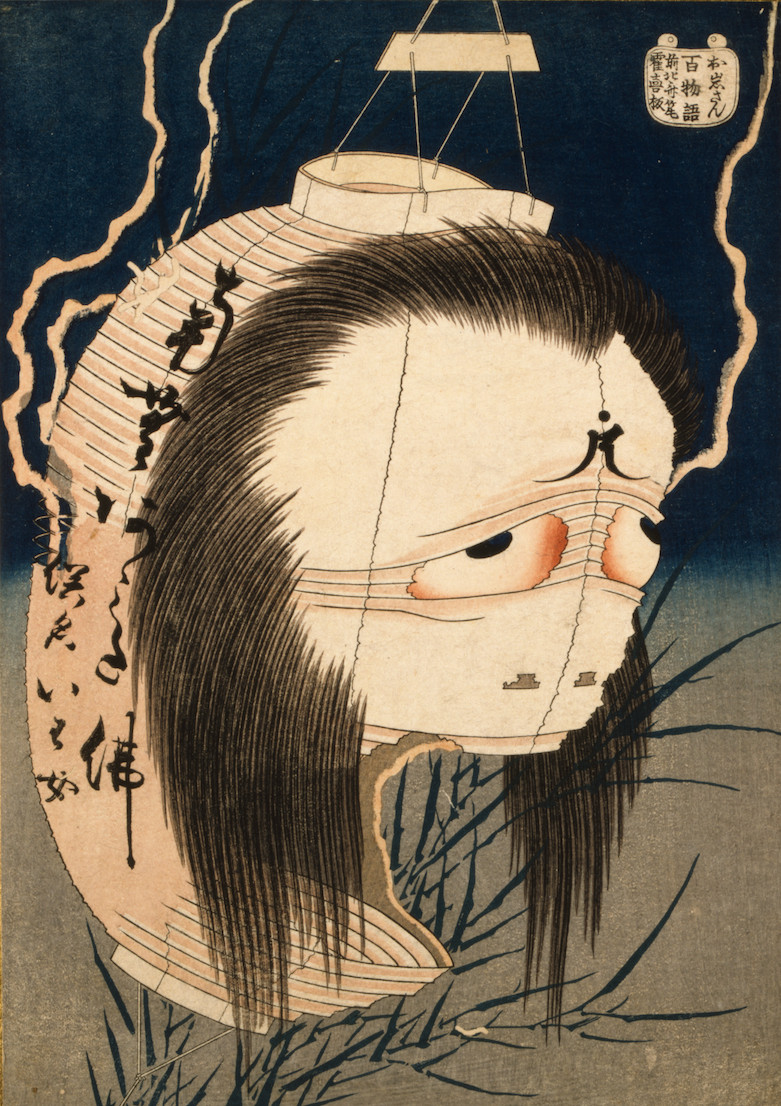
Ghosts, God and the Space Between: What a Lantern and a Philosopher Can Teach You About Life
There’s something oddly comforting about cradling an old ukiyo‑e print in your hands, especially one like Kuniyoshi’s Lantern Ghost, its pale face emerging just enough from dark water and reeds to make you wonder if it’s watching you back. The first time…
-
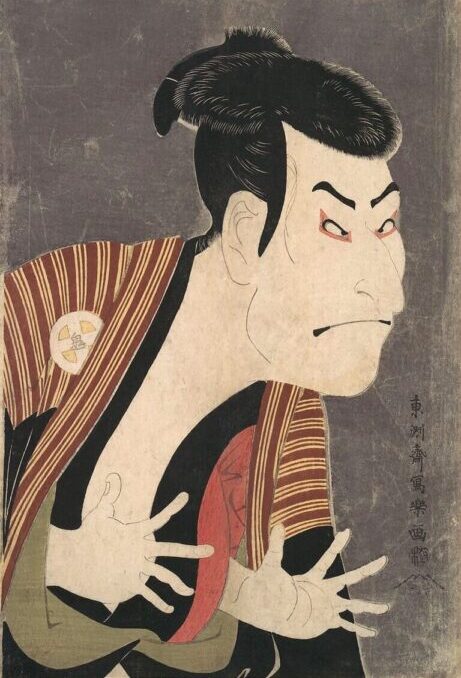
What the Mirror Teaches Us (That Richard Feynman and Japanese Philosophy Already Knew)
Each morning I stand before the mirror, coffee in hand, and wonder why my face looks slightly off today. The act is so familiar that I barely notice when my right hand lifts and the image in the glass lifts…
-
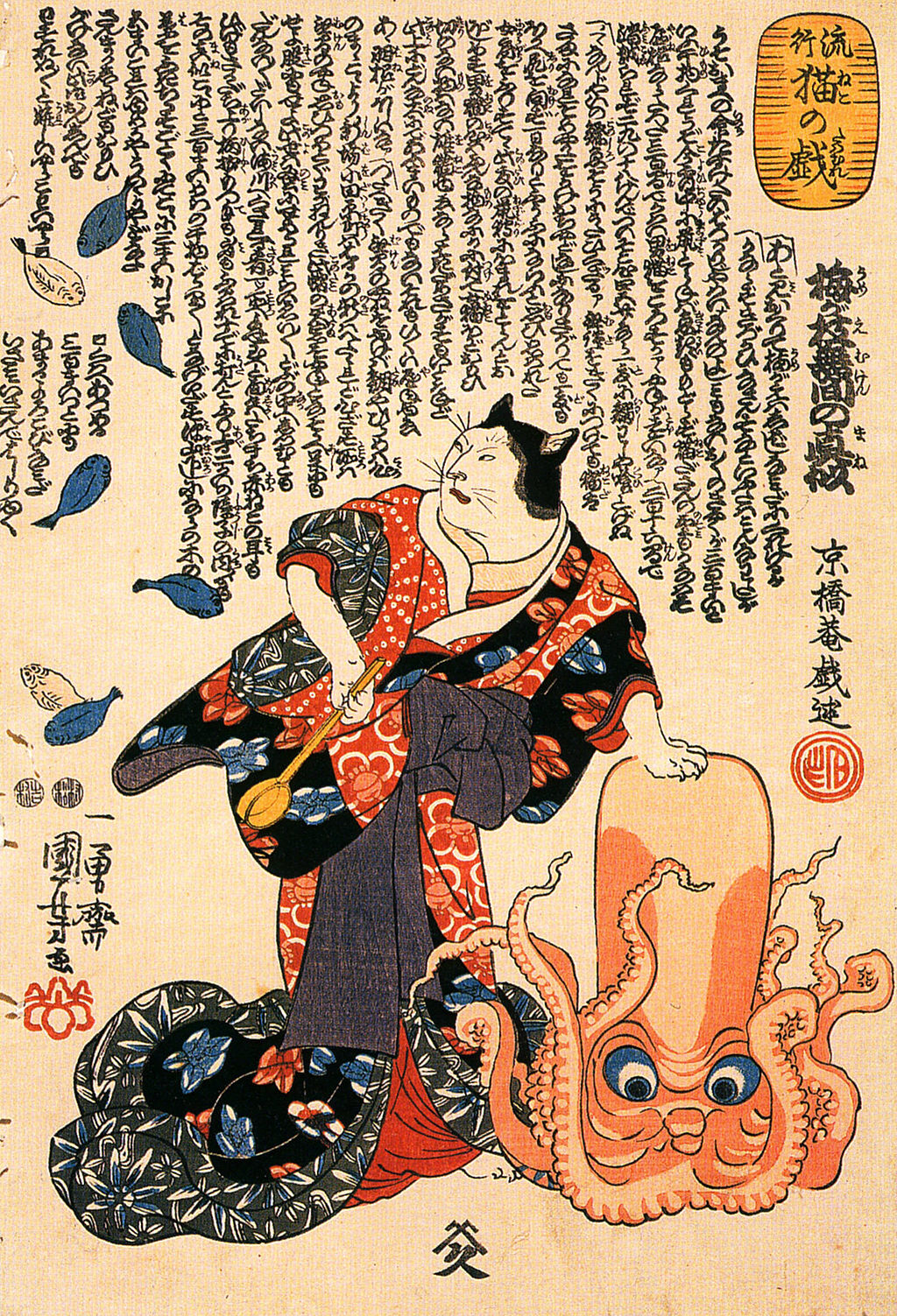
A Cat, a Mouse, and a Woman’s Right to Say “No Thanks”
Utagawa Kuniyoshi’s “Cat Dressed as a Woman” features, unsurprisingly – a cat dressed as a woman, playfully tapping (or maybe bopping) an octopus on the head. Though tongue-in-cheek, the scene evokes the same energy as a kabuki drama or a…
-
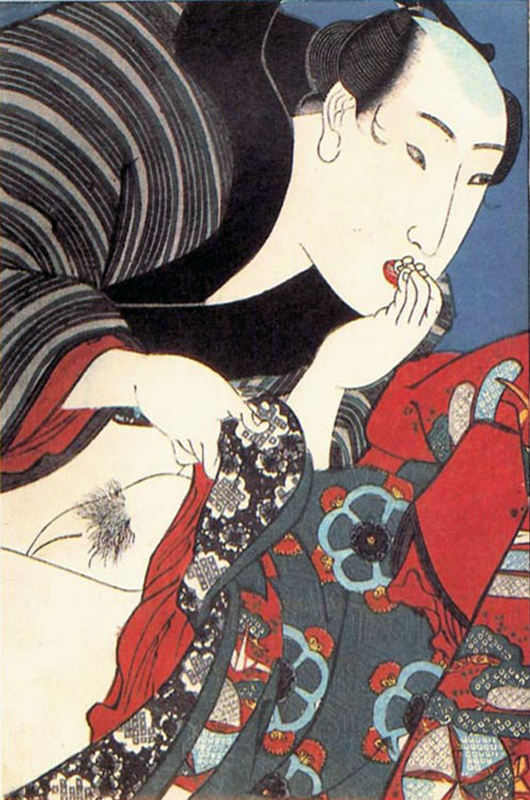
He’s Surprised? We’re Surprised!
A Cheeky Look at Pubic Hair Norms in Japan and Beyond, so there’s this woodblock print by Utagawa Kuniyoshi. Dating back to the 19th century, it shows a man with a distinctly wide-eyed, almost startled expression… like he’s just discovered…
-
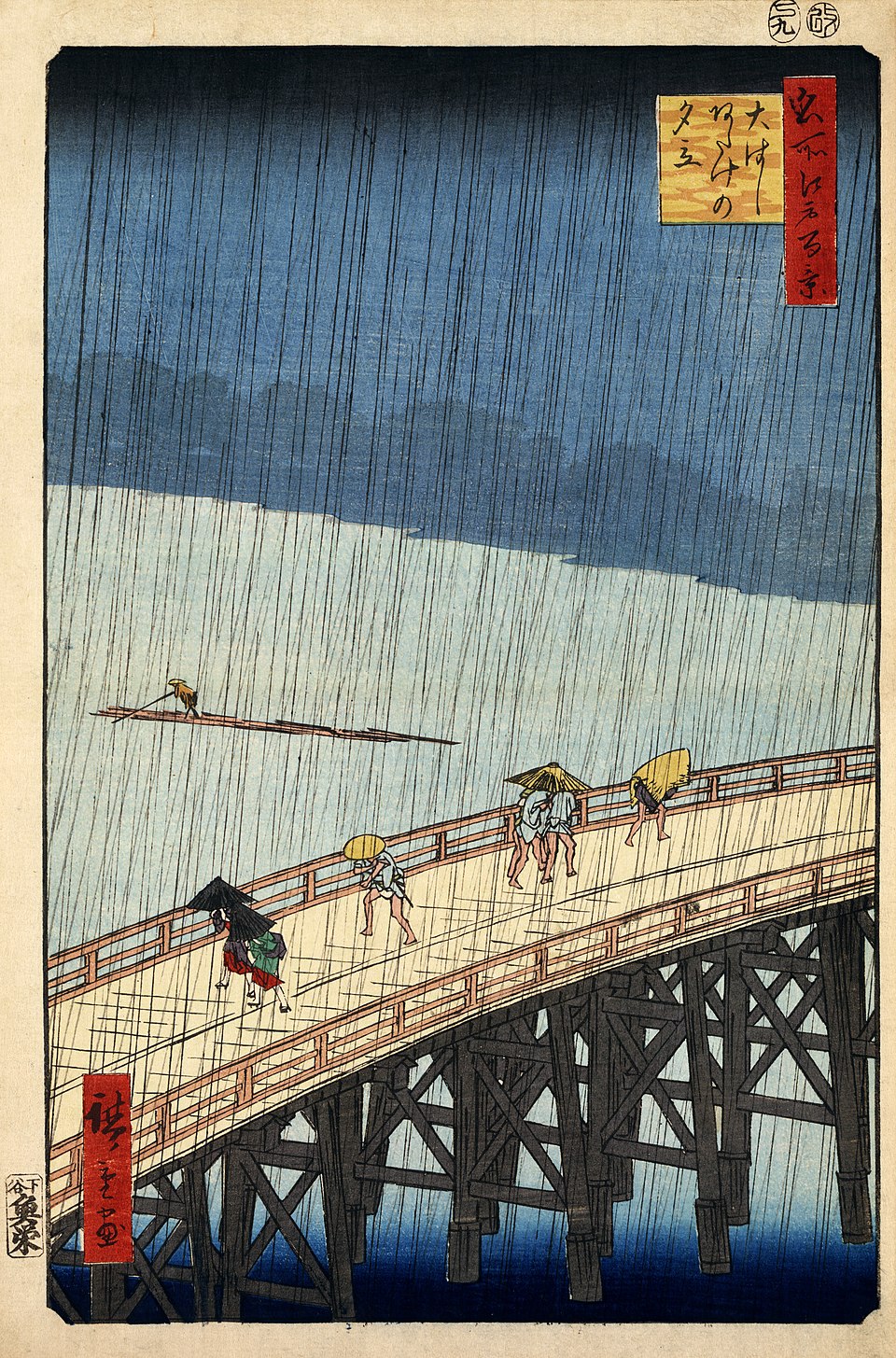
Oddly Enough: Embracing the Charm of Imperfection in Numbers
In Japanese culture, odd numbers possess a special allure, a blend of aesthetic, spiritual, and even linguistic charm. Unlike the predictable balance of even numbers, odd numbers like 3, 5, and 7 are celebrated for their asymmetry and dynamism. This…
-
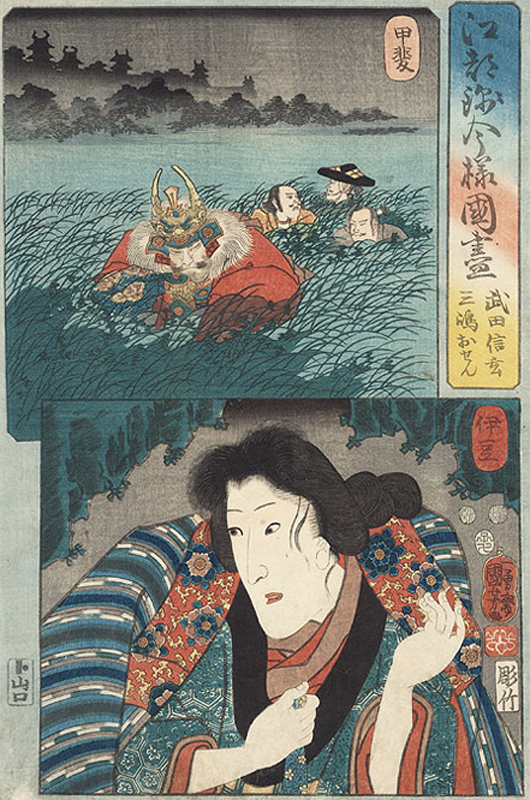
The Tale of the Courageous Warrior and the Wistful Beauty
Once upon a time, in two enchanted provinces, Kai and Izu, lived two remarkable souls who would soon discover that opposites do, indeed, attract. In the windswept plains of Kai, the renowned daimyo Takeda Shingen strode confidently through tall, swaying…
-
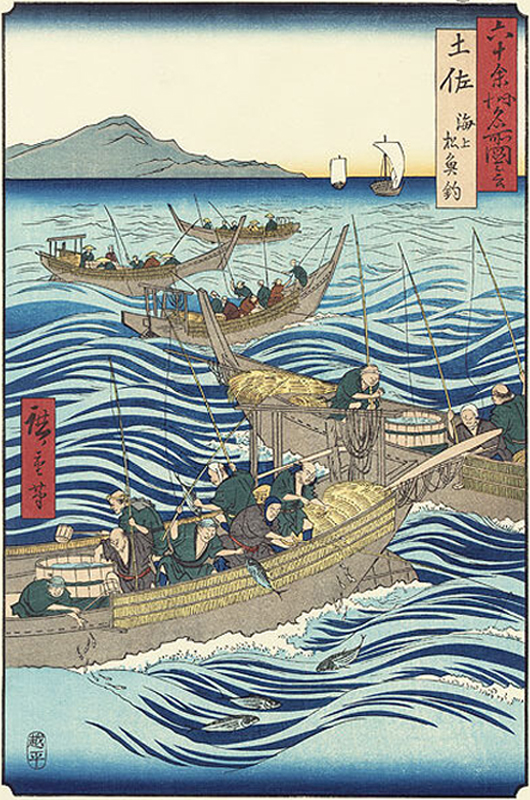
The Sué Family’s Guide to Burning Bridges And Getting Sunk by Pirates, A lesson in how not to ask for help
Let’s rewind to the mid-1500s—when samurai were everywhere, loyalty was negotiable, and pirates were somehow strategic consultants. Enter the Sué family, ambitious middle managers of the feudal world who decided to overthrow their employer and take over his land in western…
-
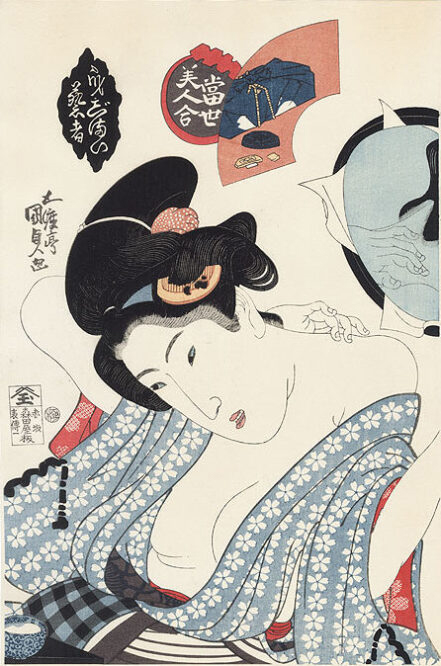
Meet the OG Girlbosses of Japan: The Typists
At the dawn of the 20th century, young Japanese women faced a serious aesthetic dilemma: a. Keep the hair long, slide into a kimono, and continue the elegant traditions passed down for centuries,orb. Chop the hair, perm it into oblivion at the…
-
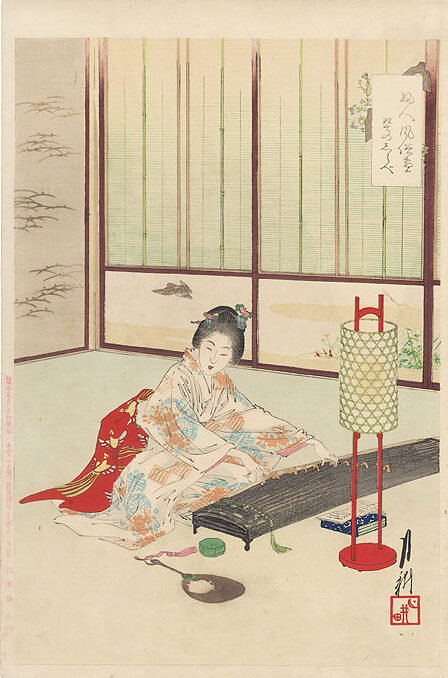
Crawl Before You Sip: How a Samurai Tea Room Is Basically the OG Self-Care Space
Did you know Japanese tea rooms were originally designed to help warlords chill out after a long day of… well, pillaging? Seriously. Picture it: you’ve just come from some light conquering. Your armor’s squeaky, your sword’s sticky, and your stress…
-

Rokubu Goroshi: “It Was Just Like This That Night.”(Or: Why You Shouldn’t Murder Monks for Startup Capital)
A lot of Japanese horror tales are not for children as some of them are designed specifically to traumatize you. Japanese horror? Not for the faint of heart. Unlike Western jump-scare fests, Japan specializes in the kind of psychological trauma…
-
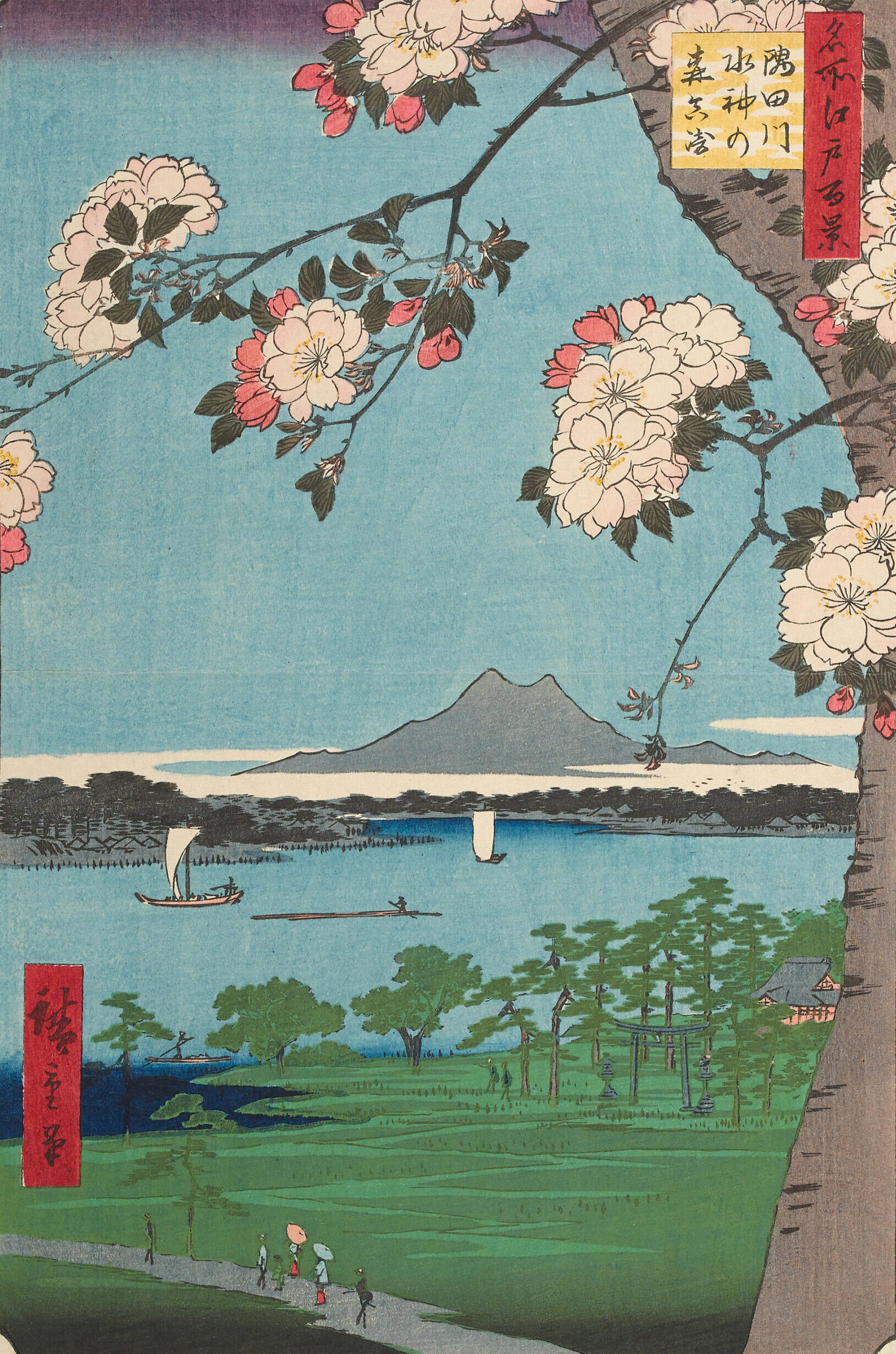
Minuma Benten: Culture is a lot about what is encouraged and condemned.
“Don’t go for the money, cherish the little things in life” is an oft-told message in Japanese folklore, which is both a curse that limits Japanese people’s potential and also a blessing that distributes happiness evenly across income groups. So…
